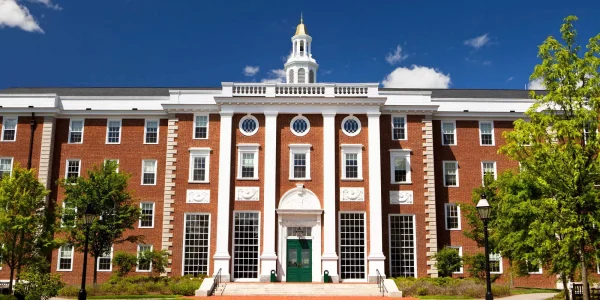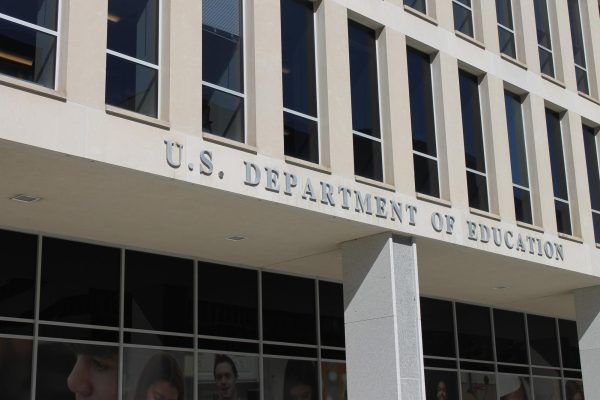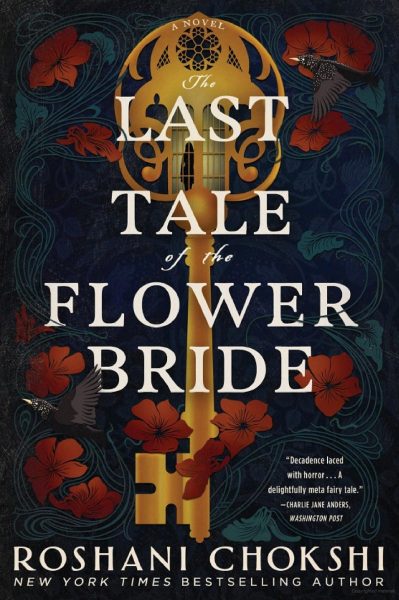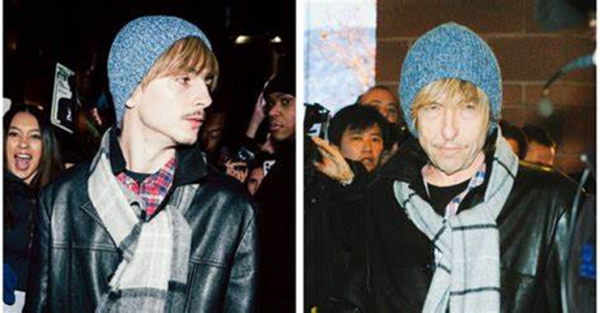CB South Teacher Profile on Mrs. Saft
Anyone who has had Mrs. Saft knows that she is not like any other teacher. She is the antithesis of a by-the-books, reading-off-of-PowerPoints teacher; her classes are unpredictable, constantly exciting, and a reflection of who she truly is.
Mrs. Saft said that to her, teaching is about “endless, boundless creativity,” not reading out of a textbook. “It’s a constant challenge to me to figure out new ideas, new ways to teach old ideas, to kids who change every minute of every second of every day,” she said. “What could be better?”
But Mrs. Saft hasn’t always had this idea of teaching as something great; she said she hated high school growing up because of how “cookie-cutter” it was. “I hated school. I hated my teachers. It was absurd. No teacher knew my name,” she said.
She said she “grew up adamant not wanting to be like my grandmother or like my mother,” both of whom were teachers. At college she was “bound for law school, the Peace Corps.” She tried to get scholarships to travel to Africa but was denied.
So instead, since she was “a trained, very serious tennis player,” after college she taught tennis in the Alps in Switzerland for four months.
She then got a job to run the school newspaper at a high school in Caracas, Venezuela. The school gave her a place to live and paid her, but her only job was running this club after school. “All day long I was like, what the heck did they expect me to do?” she said. “They’re paying me all this.”
So, she decided to not let this time go to waste and started sitting in on classes. She saw an entirely new way of approaching teaching, a way that she “never realized” school could be like.
She said she saw teachers “talk to students at their level with respect, challenge them with ideas and not follow some prescriptive, Bueller, textbook scenario. It wasn’t about textbooks and numbers; it was about ideas. And it was powerful.”
Mrs. Saft’s time in Venezuela also taught her the assertiveness that she is known for as a teacher. She was only twenty-one, and “the oldest kid in the class was seventeen.” She was barely older than her students, so she needed to be powerful presence in the classroom in order to not get overpowered, something that she still does today.
If it hadn’t been for this time in Venezuela, she thinks she would be a much different teacher than she is now. “I don’t think I would’ve been who I am now because I literally was able to invent and create. And then after that I just kept inventing classrooms and myself,” she said.
After teaching in Venezuela for three years, she decided to go to the US to get her graduate degree. She went to NYU for graduate school, and then “taught at a private school in Chestnut Hill for kids who were going to jail if they didn’t come to school,” she said.
Similar to her time in Venezuela, this experience changed her, though in a much different way. Though it was an “interesting, powerful school,” she was still only twenty-six, and she was not “mentally mature” enough for such a difficult job. She said she learned that depression is “contagious,” as many of her students suffered from depression that rubbed off on her.
But her time at this school was not all bad. She said she “also learned the power of art and what it can do to transform a child… When the kids would go down to the glassblowing studio that was in our school, or when they would write a poem for my class and then must give it in a speech,” she saw the sparks of creativity that inspired her.
Despite its challenges, and because of them, she considers her time at this school the most important year of her life.
She needed money, so she said she “looked up the top paying school districts in the nation” and applied to teach in them. Her plan was to go to California, where both her dad and college roommate lived.
But she also had friends in Philadelphia, so she “interviewed downtown and then interviewed [at] Central Bucks and Council Rock, because they were the top paying,” she said. And that was that; Central Bucks hired her the same day that she did a practice class.
Though the money may have been the initial reason for her coming to Central Bucks, it was not the reason she’s stayed for twenty-five years. Her favorite part of the job, what she said makes her excited to come into work every morning, is her students.
South also changed her life in other ways, saying, “long story short… I met my husband who taught across the hall from me in the first year, and we got married within a year and then taught across the hall from each other for 10 years.” She says that he is the smartest person she knows, and that he taught her how to teach debate.
Together they have a son, who currently attends Kutztown University. She said she loves being a mom, despite growing up with what she called “this concept that motherhood’s a drag.” She describes being a parent as “magic” and “hard as heck,” and says that if she knew how amazing it was, she “probably would’ve just been barefoot and pregnant and really proud of it” as soon as possible.
She believes that being a parent also helped her become a better teacher. “You know you’re teaching other people’s children,” she said.
And those children are to her what makes being a teacher such a great job. She cares deeply about her students and has dedicated her life to connecting to and helping them.
“If we can’t get kids to care about ideas here, then what’s the point?”







